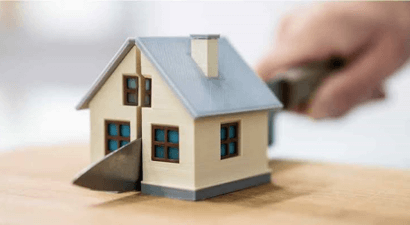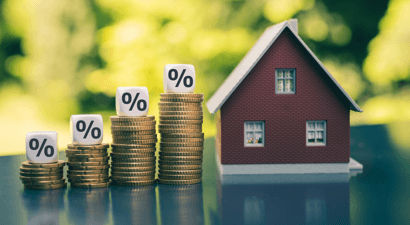The Acquisition of Immovable Property and Transfer Duty / VAT
The acquisition of an immovable property triggers the payment of either VAT or transfer duty.
Whether VAT or transfer duty is payable is determined by a seller's status. If a seller is a VAT vendor and the disposal of the vendor's asset forms part of its vatable supply, then VAT is payable at 14% of the purchase price.
If a seller is not a VAT vendor, transfer duty is payable on an escalation basis – it really depends on the market value or the purchase price of the property, whichever is greater.
If a seller sells a rental enterprise (property which generates income with tenants) and it is a VAT vendor and it sells the rental enterprise to a purchaser who is also a VAT vendor, VAT is still payable, calculated at 0% rate. In order for a transaction to be zero rated, the following requirements must be met:
- The seller must be a registered vendor;
- The purchaser must be a registered vendor – if the purchaser of the supply of an enterprise as a going concern is not a registered vendor, the zero rate cannot apply;
- The parties must agree in writing that the enterprise is disposed of as a going concern – if the parties have not agreed about this aspect in writing, the zero rate cannot apply even if the enterprise is indeed transferred as a going concern; and
- The contracting parties must, at the conclusion of the contract, agree in writing that the enterprise will be an income-earning activity on the date the ownership of the enterprise is transferred.
Where the seller in respect of fixed property conducts leasing activity, the contract must provide for the leasing activity to be disposed of together with such fixed property in order to constitute an income-earning activity. If the agreement does not provide for a tenanted property to be transferred, an asset is merely sold. The question then arises as to the agreed occupancy level, which will give rise to the supply of a going concern. Presently, an occupancy level of more than 50% is accepted.SARS will also look closely at whether the past VAT payments / returns submitted by the seller to SARS demonstrate and confirm that the seller is indeed conducting a rental enterprise. This means that VAT returns must be in order.
Various questions that arise include:
- Do sale and lease back agreements qualify for VAT zero-rating?
- How do you get the sale of a farm zero-rated?
In terms of sale and lease back agreements; SARS’s Interpretation Note 57 makes it abundantly clear that the answer to this question is a big no. In terms of the sale of a farm, SARS’s interpretation note 57 provides that:
“…The sale of a farm property constitutes the supply of a capital asset of a business and not the farming enterprise. In order to supply a farming enterprise as a going concern, the seller and the purchaser must agree that the income – earning activities of the farm, its equipment, scopes and assets necessary for carrying on the farming activities, will be transferred".
Contact us for advice on how to structure your transactions to comply with SARS's Note 57:
Sifiso Msomi





